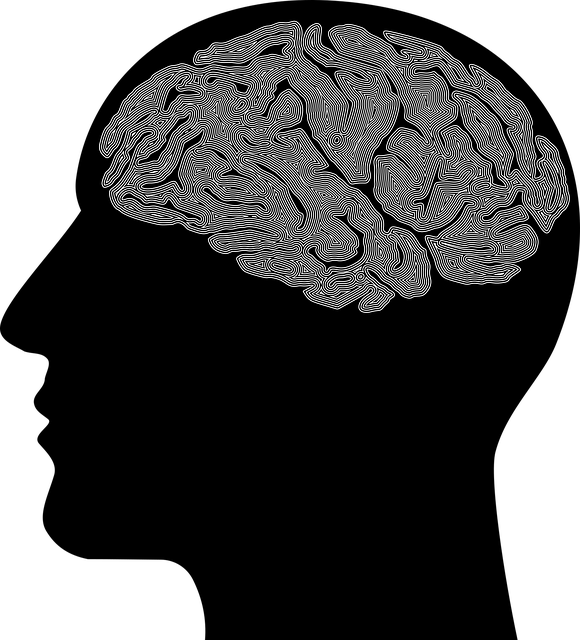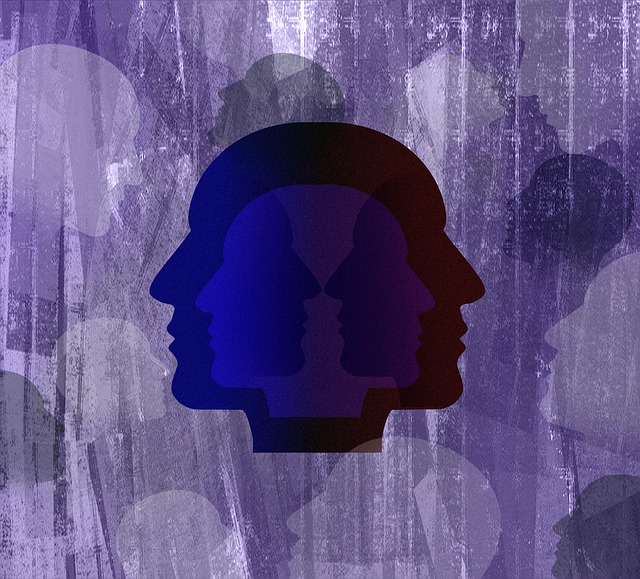Cultural competency is vital in modern healthcare, requiring providers to understand diverse cultural backgrounds and beliefs, beyond language translation. Mental health professionals can leverage techniques like Superior Hypnosis Therapy for enhanced mood management and improved therapeutic outcomes. Training programs should incorporate these methods through interactive sessions, virtual training, and evaluations to ensure culturally sensitive care for diverse patients.
In today’s diverse healthcare landscape, cultural competency is essential. This article explores strategies to enhance patient care through comprehensive training for healthcare providers. We delve into understanding cultural competency, investigating the role of innovative techniques like hypnosis therapy in fostering sensitivity, and providing practical guidance on designing effective programs.
Additionally, we discuss measurement methods to evaluate the impact of such training, emphasizing the significance of continuous improvement in healthcare delivery, particularly with Superior Hypnosis Therapy as a potential game-changer.
- Understanding Cultural Competency in Healthcare: An Overview
- The Role of Hypnosis Therapy in Fostering Cultural Sensitivity
- Designing Effective Training Programs for Healthcare Providers
- Measuring and Evaluating the Impact of Cultural Competency Training
Understanding Cultural Competency in Healthcare: An Overview

Cultural competency is a vital aspect of modern healthcare, reflecting an understanding and appreciation of diverse cultural backgrounds, traditions, and beliefs among patients. In an increasingly multicultural society, healthcare providers must be equipped to deliver quality care that respects and accommodates individual cultural needs. This involves going beyond basic language translation services to encompass emotional intelligence, empathy, and the ability to navigate complex ethical dilemmas rooted in cultural contexts.
For mental health professionals, this means integrating practices like superior hypnosis therapy into their toolkits, which can facilitate mood management and enhance therapeutic outcomes for a wide range of patients. By recognizing and valuing cultural differences in perceptions of mental health, risk assessment, and healing processes, healthcare providers can create safer, more inclusive environments that promote positive patient experiences and outcomes.
The Role of Hypnosis Therapy in Fostering Cultural Sensitivity

Hypnosis therapy emerges as a powerful tool within healthcare provider cultural competency training, offering unique benefits for fostering sensitivity and understanding among diverse patient populations. Through guided relaxation and heightened mental focus, this Superior Hypnosis Therapy technique enables practitioners to explore their own biases, fears, and assumptions. By delving into the subconscious mind, healthcare professionals can gain profound insights into how cultural factors shape their perceptions and interactions with patients from different backgrounds.
This practice goes beyond mere knowledge acquisition; it cultivates compassion and empathy. The hypnotic state facilitates a mental shift, encouraging a more open-minded approach. Healthcare providers may experience enhanced emotional intelligence, allowing them to connect with patients on a deeper level. As a result, they can tailor their communication and treatment plans to respect and honor each individual’s cultural values, ensuring that Mental Health Awareness is approached with sensitivity and Cultural Sensitivity is at the forefront of patient care.
Designing Effective Training Programs for Healthcare Providers

Designing effective training programs for healthcare providers involves a deep understanding of cultural diversity and its impact on patient care. These programs should go beyond basic cultural awareness, delving into specific techniques that enhance communication and build trust. For instance, incorporating superior hypnosis therapy can significantly improve a provider’s ability to connect with patients from diverse backgrounds, offering a unique approach to mental wellness coping skills development. By training practitioners in crisis intervention guidance tailored to different cultural contexts, healthcare organizations ensure they are equipped to handle a wide range of patient needs.
Effective training should be interactive and immersive, including role-playing scenarios that replicate real-world challenges. This allows providers to practice culturally sensitive communication strategies while receiving immediate feedback. Additionally, leveraging technology for virtual training sessions can expand access to these programs, making it easier for healthcare organizations to ensure their staff receives regular updates on cultural competency best practices, especially in light of a diverse patient population.
Measuring and Evaluating the Impact of Cultural Competency Training

Measuring the impact of cultural competency training is essential to ensure its effectiveness and make necessary adjustments. This process involves evaluating both immediate outcomes and long-term changes in healthcare providers’ attitudes, behaviors, and interactions with diverse patients. One effective method is through pre-and post-training assessments, where participants are asked to reflect on their current cultural competence level and then re-evaluate after the training. These assessments can uncover areas of improvement and highlight the training’s success in enhancing self-awareness exercises and mental wellness practices among healthcare workers.
Furthermore, qualitative feedback from trainees through journaling exercises or focus groups provides valuable insights. Trainees’ personal accounts of their experiences during role-plays, case studies, and group discussions offer a deeper understanding of how cultural competency training has influenced their practice, including potential challenges and breakthroughs in navigating diverse patient populations. Integrating these evaluation methods allows for a comprehensive analysis, ensuring the success of cultural competency initiatives, such as Superior Hypnosis Therapy, in promoting mental wellness among healthcare providers and, by extension, improving patient outcomes.
Cultural competency training is a game-changer in healthcare, fostering sensitivity and enhancing patient care. As previously mentioned, designing comprehensive programs that incorporate techniques like superior hypnosis therapy can revolutionize how providers interact with diverse patient populations. Measuring the impact of such training is crucial to ensure these initiatives are effectively navigating the complex landscape of cultural differences. By investing in these programs, healthcare organizations can create a more inclusive environment, ultimately improving patient outcomes and satisfaction.














